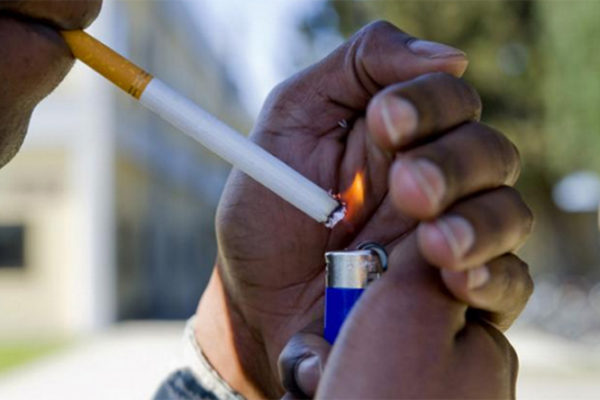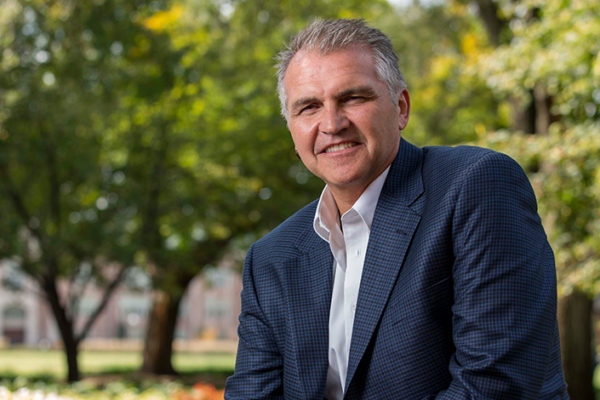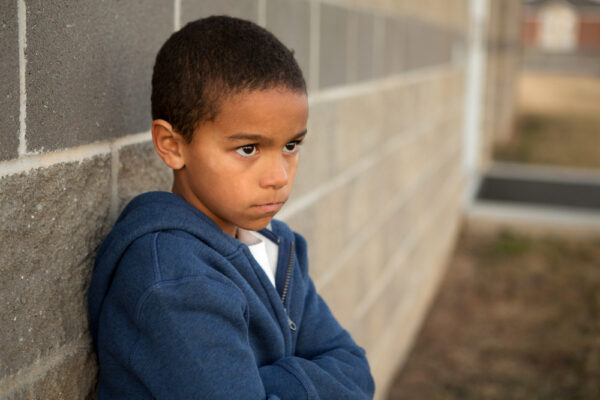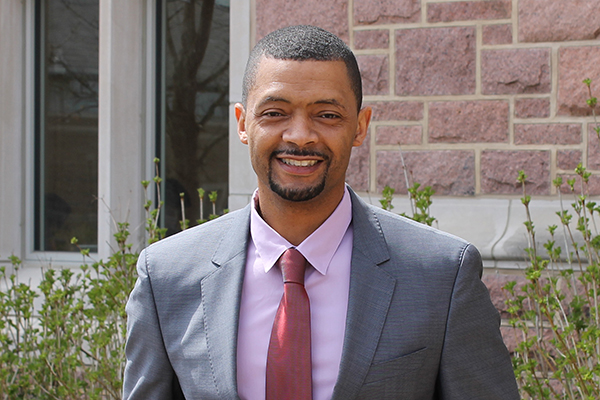Menthol restrictions may hike cigarette costs, reduce health disparities
Restricting the sale of menthol cigarettes to tobacco specialty shops may reduce the number of retailers and increase the cost of smoking, according to new research from the Brown School at Washington University in St. Louis.
Violence and racism shape views of environmental issues
People living in marginalized communities in St. Louis, particularly African Americans, have been enduring, as one study participant said “real problems,” such as violence and racism, that are perceived as more immediate than issues of climate change, finds a study from the Brown School.
White Fear, Black Grief, and the Horrors of Being Put in a Box: A Conversation with “Luce” Filmmaker Julius Onah and Actor Kelvin Harrison Jr.
This is the kind of film that demands that viewers stop making excuses for themselves.
Why public health responses have racial preferences
As long as a racially and culturally homogeneous group of health leaders and decision-makers come solely from ivory towers and governmental offices, and not from the communities in the greatest need, the most marginalized and underserved among us will continue to pay the highest price.
CAPA Clinic shows promising results for addiction treatment patients in St. Louis
The Community Academic Partnership on Addiction Clinic, a partnership between the Brown School and Preferred Family Healthcare, was able to increase treatment completion rates by 11% over a six-month time period.
Environmental racism in St. Louis
Black St. Louisans are exposed to considerably greater environmental risks than white residents, contributing to stark racial disparities regarding health, economic, and quality of life burdens, finds a new report prepared by the Interdisciplinary Environmental Clinic (IEC) at Washington University School of Law.
St. Louis area school discipline gap larger than thought
In St. Louis area schools, students who are black, male and have a disability are far more likely to be suspended than those least at risk — 20, 30 or even 60 times more likely, finds a new study from the Brown School at Washington University in St. Louis and Forward Through Ferguson.
WashU Expert: Opioid cases represent tipping point in addiction fight
Recent and upcoming legal battles involving drug makers represent a major tipping point in America’s fight against the opioid crisis, says an addiction expert at Washington University in St. Louis.
Institute in Critical Quantitative, Computational, and Mixed Methodologies established
The Institute in Critical Quantitative, Computational, and Mixed Methodologies (ICQCM) has been established at Washington University in St. Louis, thanks to a $500,559 National Science Foundation (NSF) grant to Odis Johnson, professor of sociology and of education, both in Arts & Sciences. The grant is designed to mitigate the disparities in the number of underrepresented scholars that utilize quantitative and computational research methods and techniques.
A difficult conversation
With her diagnosis, Cathy and I were forced to acknowledge that life is limited, which gave our lives and the lives around us so much more meaning. This is a legacy Cathy gave to me. No difficult conversation can ever replace this.
View More Stories









